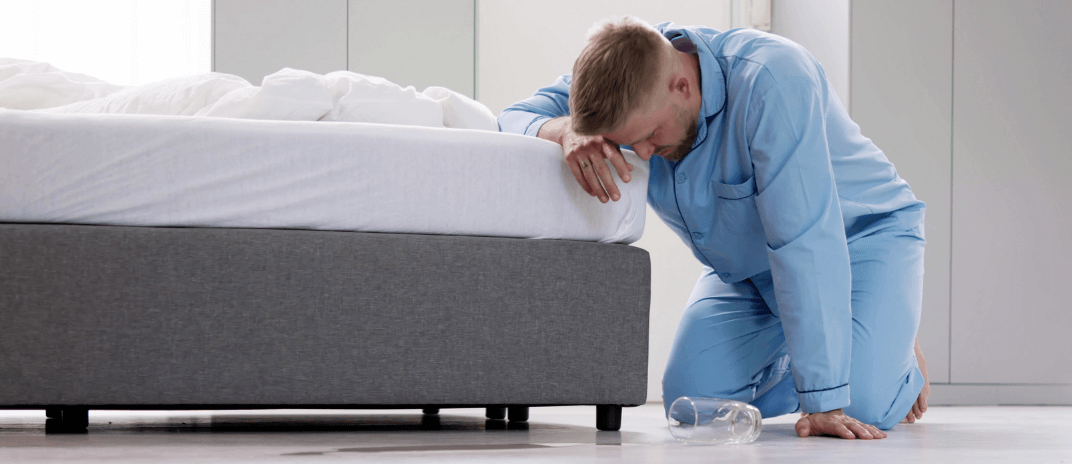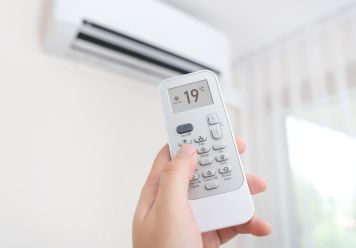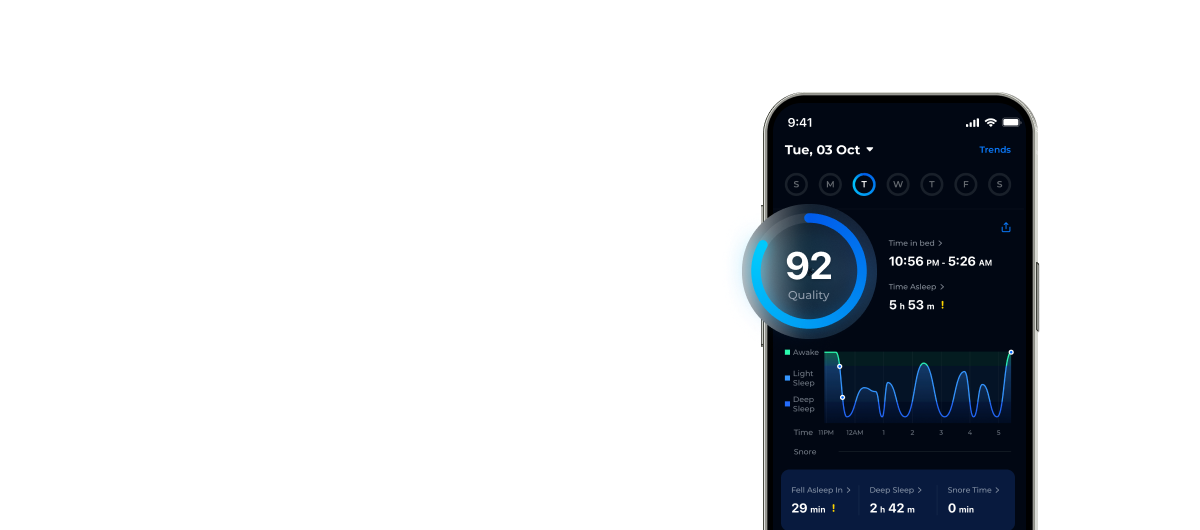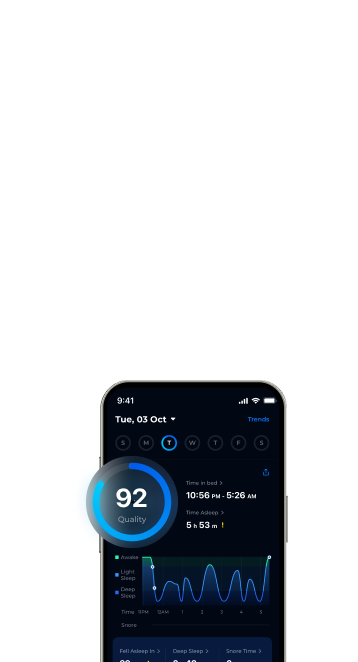When you wake up in the morning, do you always feel dizzy? Dizziness is often transient, and the cause isn’t always clear. However, waking up dizzy on a frequent basis could be a sign of something more serious.
We’ll go over the causes of waking up dizzy and how to avoid it in this blog.
What Is Dizziness?

Dizziness is not a standalone condition but rather a symptom indicating an underlying issue. It manifests as a sense of lightheadedness, a feeling of the room spinning, or a lack of balance. In some cases, dizziness may be accompanied by fainting or seizures, posing a risk of falls, especially for individuals with pre-existing health conditions or those who are older.
Causes Of Dizziness
Morning dizziness can stem from various causes, ranging from underlying medical conditions and medication side effects to the aftermath of a night filled with activities. While occasional morning dizziness is common and generally not a significant cause for concern, it may occur when transitioning from a reclined to a standing position, leading to a sudden shift in balance. Changes in the fluid within the inner ear, especially during swift position changes, can contribute to this sensation.
For individuals with colds or sinus problems, morning dizziness may worsen due to excess fluid and swelling in the sinuses, interconnected with the inner ear. Explore some other common issues that could contribute to morning dizziness.
1. Dehydration
People who are dehydrated during the night may feel dizzy when they wake up. Dehydration might also manifest itself in the following ways: thirst, weariness, headaches, and dry mouth and lips. This sensation is a result of the body’s fluid imbalance, affecting blood volume and subsequently impacting blood pressure. Furthermore, dehydration may manifest through various symptoms, serving as warning signs for the body’s need for more fluids.

2. Low Blood Pressure
Some people experience dizziness as a result of low blood pressure, or hypotension.
When a person moves from a lying or sitting position to a standing position, such as when they get out of bed in the morning, blood pressure might drop abruptly. Postural or orthostatic hypotension is the term for a sudden drop in blood pressure.
A doctor may advise lowering the dosage or switching to a different medicine if a medication is producing low blood pressure. Low blood pressure symptoms can be avoided by treating any underlying issues.
3. Low Blood Sugar Levels
Taking too much insulin might cause low blood sugar and early morning dizziness in diabetics.
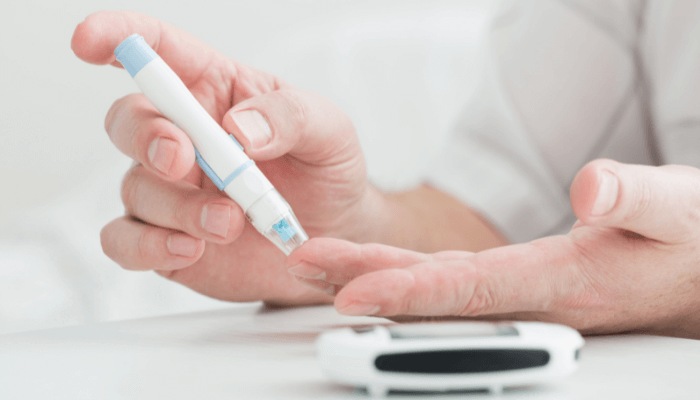
Early morning dizziness might be a sign of hypoglycemia or low blood sugar. Low blood sugar is more common in diabetics, especially those who use insulin than in persons who do not have diabetes.
Low blood sugar can be caused by a variety of factors in people with diabetes, including:
Excessive alcohol intake, using too much insulin or other diabetes treatments, skipping meals or eating too little, intensive physical activity.
4. Labyrinthitis
Labyrinthitis is an infection of the inner ear, caused by either a virus or bacteria, leading to dizziness. This infection induces inflammation in the delicate structures of the inner ear, known as the labyrinth, crucial for maintaining balance.
Individuals with labyrinthitis may experience difficulty standing up or maintaining an upright position, especially when getting out of bed. Additional symptoms may include ear pain, headaches, ringing or humming in the ear, blurred or double vision, nausea, or vomiting.
Primarily triggered by viral infections, labyrinthitis often follows a cold or flu. Treatment typically involves rest and adequate fluid intake. In cases of more severe symptoms, doctors may recommend medications to alleviate dizziness and nausea. Antibiotics may also be prescribed if the infection is bacterial in origin.
How To Stop Feeling Dizzy In The Morning
Morning dizziness can be prevented or reduced with some lifestyle changes. These are some of them: Staying hydrated by drinking enough water, stopping smoking, lowering alcohol use, eating a balanced and healthy diet, avoiding caffeinated beverages in the evening, and getting adequate sleep are all recommended.
Most individuals encounter dizziness from time to time, and it’s usually nothing to worry about.
People who wake up feeling dizzy on a regular basis or who have other concerning symptoms in addition to the dizziness should contact a doctor.
If you have trouble sleeping, try ShutEye®, an all-in-one sleep app. ShutEye brings a wide variety of tools to help you fall asleep. And you can understand your sleep cycles from a scientific perspective.
So stop tossing and turning all night, and start falling asleep healthily and naturally.
You may also like:
Resetting Our Biological Clock
14 Sleep Hygiene Tips For Better Sleep
8 Relaxing Sounds to Help You Sleep Better and Relieve Stress


